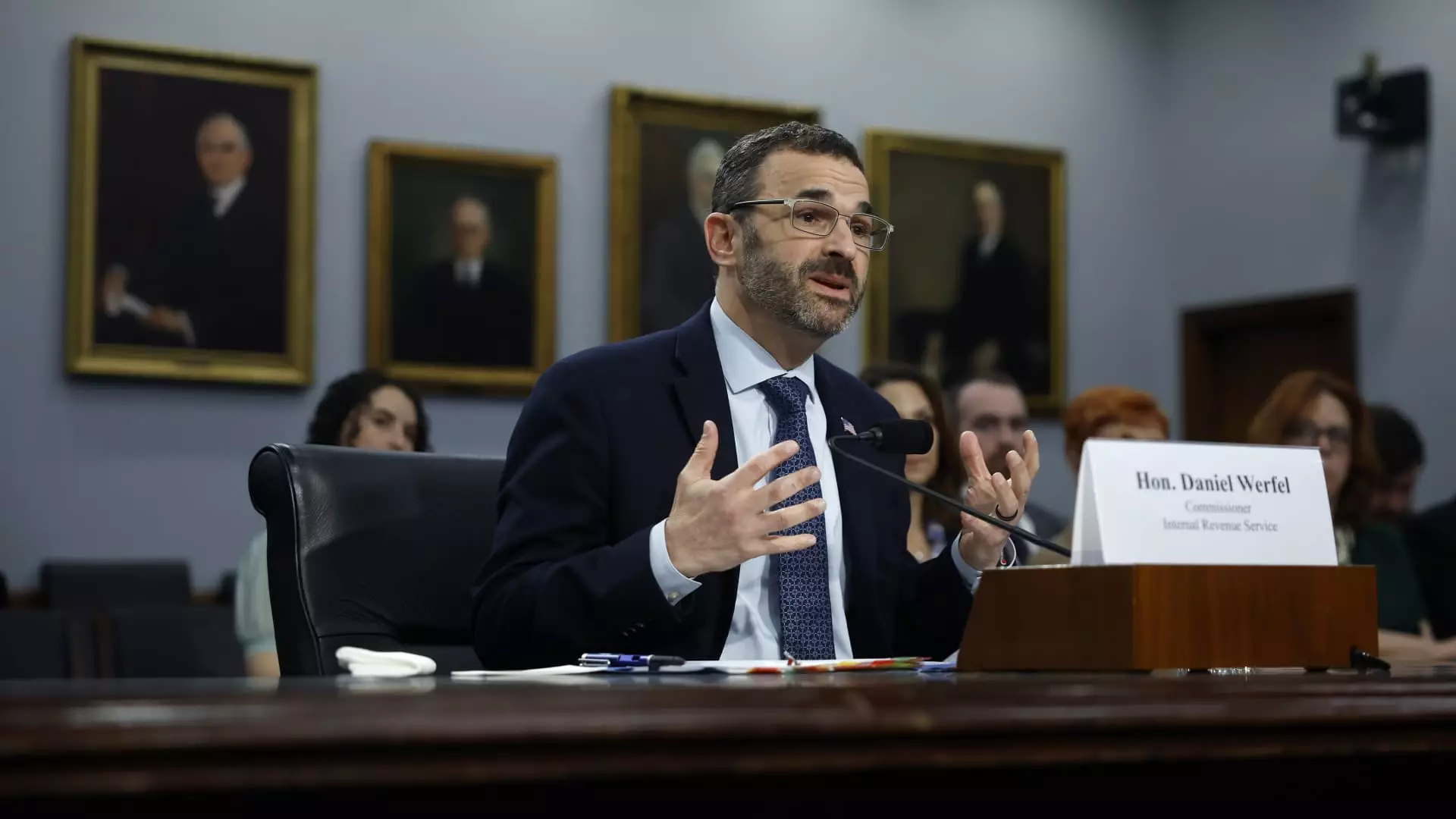The U.S. Department of the Treasury and the IRS recently announced a significant achievement in collecting more than $1 billion in tax debt from high-income individuals over the past year. This marked a major milestone for the agency as they continue to crack down on tax evasion among the wealthiest Americans.
With new funding totaling in the tens of billions, the IRS revealed plans to expand its scrutiny of individuals making over $1 million annually with more than $250,000 in recognized tax debt. This move aims to target high-income earners who have been evading taxes and ensure that they fulfill their tax obligations to the government.
Treasury Secretary Janet Yellen praised the IRS for collecting $1 billion from millionaires and demonstrating the successful launch of strategic new initiatives that yield a high return on investment. This success highlights the importance of enforcing tax laws and holding wealthy individuals accountable for paying their fair share to support public services and infrastructure.
Impact of Funding
The injection of IRS funding through the Inflation Reduction Act of 2022 has had a significant impact on the agency’s ability to pursue high-income tax evaders. The investment in enforcement, technology, and data could potentially generate up to $851 billion through 2034, according to estimates by the IRS and the Treasury. This indicates the value of allocating resources to combat tax fraud and ensure compliance among the wealthiest taxpayers.
Criticism and Opposition
While the IRS’s efforts to target high-income earners have been lauded, there has been criticism from congressional Republicans regarding the funding allocation. IRS Commissioner Danny Werfel acknowledged that in the past, the agency lacked the resources to pursue high-income earners who owed taxes, resulting in negligible returns before the enactment of the Inflation Reduction Act. Despite opposition, the IRS remains committed to enforcing tax laws and holding wealthy individuals accountable for their obligations.
Enhanced Audit Processes
The audit rate for taxpayers earning $1 million or more has significantly decreased over the years, from 7.2% in 2011 to 0.7% in 2019, according to IRS data. Recent reports from the U.S. Government Accountability Office and the U.S. Treasury Inspector General for Tax Administration have scrutinized the IRS’s audit process for high-income filers. While improvements have been made, the goal remains to eliminate zero-balance-due audits and ensure that all taxpayers pay their fair share.
Crackdown on Tax Loopholes
In addition to targeting high-income tax evaders, the IRS and Treasury have also unveiled plans to close major tax loopholes used by large partnerships. This crackdown on tax loopholes could potentially raise $50 billion in tax revenue over the next decade, further strengthening the government’s ability to collect taxes from those who seek to evade their obligations.
Overall, the IRS’s success in collecting over $1 billion in tax debt from high-income individuals demonstrates the agency’s commitment to enforcing tax laws and ensuring that all taxpayers pay their fair share. The expansion of IRS scrutiny, enhanced audit processes, and crackdown on tax loopholes signal a new era of tax compliance and accountability among the wealthiest Americans.

